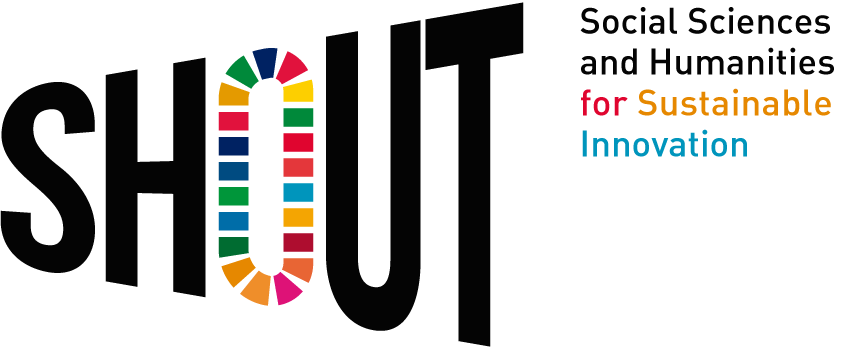The data revolution – which encompasses the open data movement, the rise of crowdsourcing, new ICTs for data collection, and the explosion in the availability of big data, together with the emergence of artificial intelligence and the Internet of Things – is already transforming society. Advances in computing and data science now make it possible to process and analyse big data in real time. New insights gleaned from such data mining can complement official statistics and survey data, adding depth and nuance to information on human behaviours and experiences. The integration of this new data with traditional data should produce high-quality information that is more detailed, timely and relevant.
In an increasingly digital and full of data world, not only scientist need to critically assess the data, find meaning in the numbers and gather actionable business insights from it. In today’s’ world, everyone needs basic competences to interpret data, to evaluate results, understand fragilities and define areas of improvement, but especially to take decisions based on facts and data or even identify new opportunities in many life circumstances.
In this module, you will learn about Data Literacy fundamentals, acquiring knowledge on its basic concepts, frameworks and key aspects, as well as methods to read, analyse, collect and communicate data. Finally, at the end of the module you will have a deeper understanding of Data relevant to Sustainable Development Goals (SDGs).
Objective
The main objective of this module is to allow higher education students, teachers, researchers, professionals working in SMEs and in NGOs, to acquire basic knowledge on Data Literacy. This module introduces fundamental concepts that anyone should possess in the 21st century as to be able to interpret, analyse, collect and communicate data in a critically, informed and science-based manner. This module also as complementary objective to call the attention to the presence of data in our daily life’s and this the relevance of being Data Literate, despite the profession one has.
The module includes extra resources which allow you to further explore the topics in case you are interested.
Learning Outcomes
At the end of the module, participants will be able to:
- Understand the relevance of data literacy.
- Recognise the specificities of data literacy.
- Appropriately read, analyse, collect and communicate data.
- Identify and know how to apply different methods and tools.
- Comprehend the relation and relevance of Data with SDGs.


